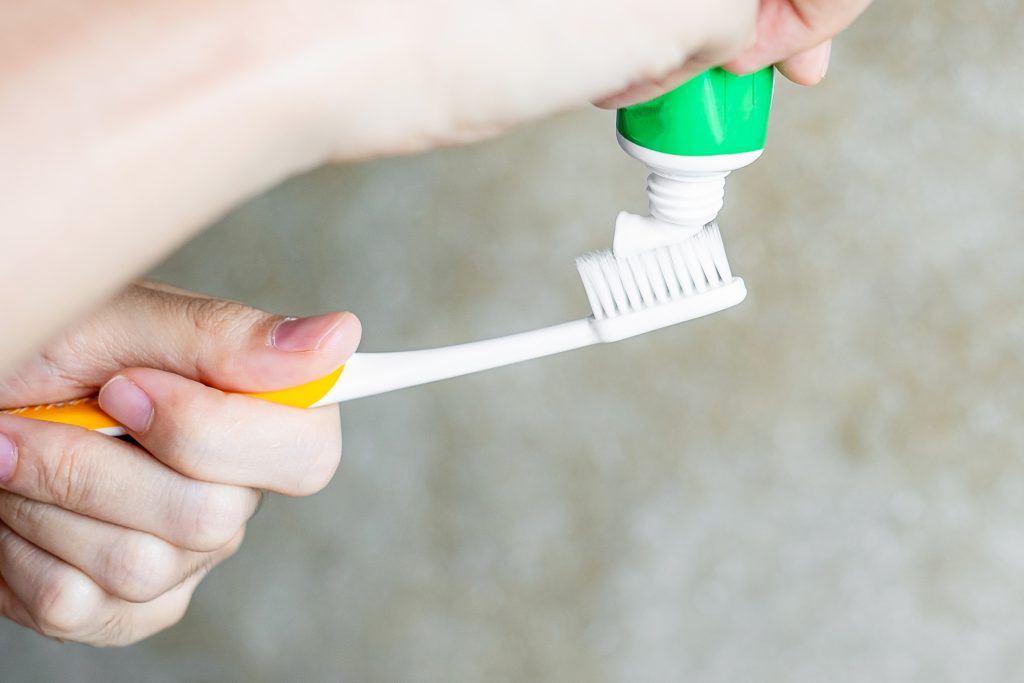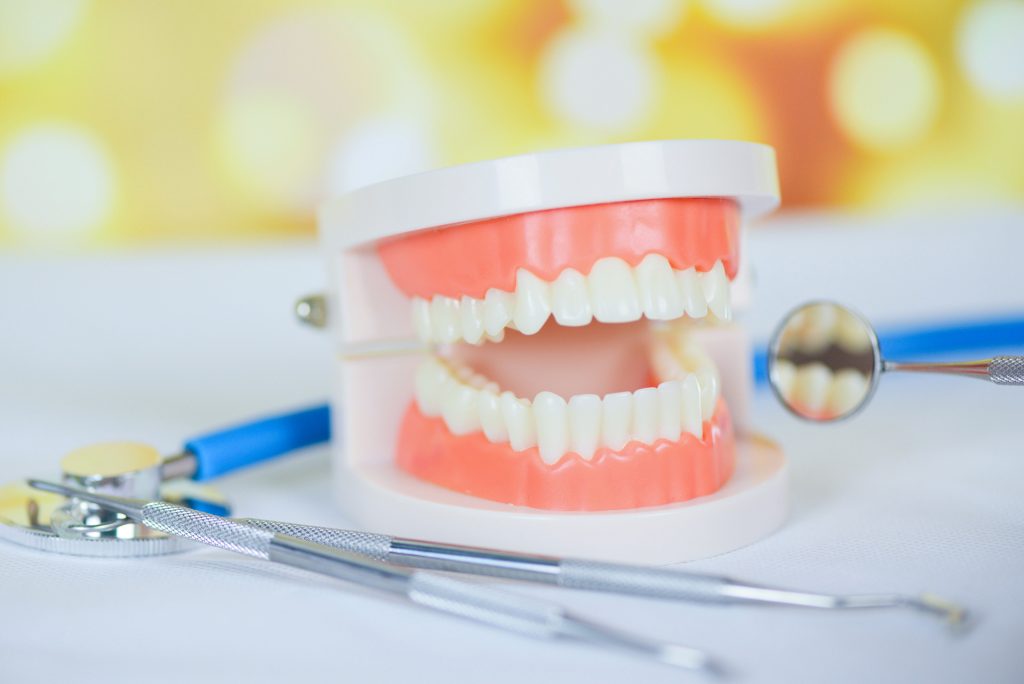Oral health and sleep quality are essential components of overall health and well-being. While they may not appear directly related, research has shown a strong link between oral health and sleep apnea. Sleep apnea is a common sleep disorder that affects millions of people worldwide. It can lead to a range of health problems, including high blood pressure, heart disease, and stroke. This article will explore the connection between oral health and sleep apnea.
The Role of Oral Health in Sleep Apnea
Research has shown that oral health plays a significant role in sleep apnea. One of the primary causes of sleep apnea is airway obstruction. This can occur when the soft tissues in the mouth and throat relax during sleep and block the airway. Poor oral health, such as gum disease, can exacerbate this problem by increasing inflammation in the mouth and throat, making it more difficult for air to pass through.

The Link Between Gum Disease and Sleep Apnea
Gum disease is a common oral health problem that effects millions worldwide. It is caused by the buildup of plaque and bacteria in the mouth, which can lead to inflammation and infection. Research has shown that gum disease is linked to sleep apnea. People with gum disease are more likely to develop sleep apnea because the inflammation in their mouth and throat can obstruct the airway.
The Importance of Dental Checkups
Regular dental checkups are essential for maintaining good oral health and preventing gum disease. They can also help identify potential problems that could lead to sleep apnea. During a dental checkup, your dentist will examine your mouth for signs of gum disease and other oral health issues. They may also recommend lifestyle changes or treatments to help improve your oral health and reduce your risk of developing sleep apnea.
The Role of Oral Appliances in Treating Sleep Apnea
Oral appliances are another important tool in the treatment of sleep apnea. These devices are designed to keep the airway open during sleep by repositioning the jaw or tongue. They can be an effective alternative to traditional treatments such as continuous positive airway pressure (CPAP) machines. Oral appliances are often recommended for people with mild to moderate sleep apnea or those unable to use a CPAP machine.

The Connection Between Teeth Grinding and Sleep Apnea
The connection between teeth grinding, clinically known as bruxism, and sleep apnea is a topic of growing interest in the field of sleep medicine. Research suggests a strong correlation between the two conditions, indicating that individuals with sleep apnea are more likely to experience bruxism. Sleep apnea, a disorder characterized by interrupted breathing during sleep, can lead to oxygen deprivation and increased muscle tension, triggering the grinding and clenching of teeth.
Conversely, the excessive teeth grinding associated with bruxism can also contribute to the development or worsening of sleep apnea by disrupting sleep patterns and causing arousals. While the exact mechanisms underlying this connection are still being explored, it is crucial for healthcare professionals to recognize the relationship between teeth grinding and sleep apnea, as addressing both conditions simultaneously can greatly improve overall sleep quality and oral health.
Conclusion
In conclusion, oral health and sleep apnea are closely linked. Maintaining good oral health is essential for preventing gum disease, which can exacerbate sleep apnea. Regular dental checkups can help identify potential problems and prevent them from developing into more serious ones. Oral appliances can be an effective treatment option for people with mild to moderate sleep apnea. Teeth grinding can also contribute to the development of sleep apnea, making it important to seek treatment if you are experiencing this problem. By understanding the connection between oral health and sleep apnea, we can improve our overall health and well-being.
Our comprehensive guides and expert tips at Sleep Under Cover will provide valuable insights to make informed decisions, particularly for people experiencing sleep apnea. Get your free sleeping guide today! Sleep better with the InteVision Foam Bed Wedge Pillow
